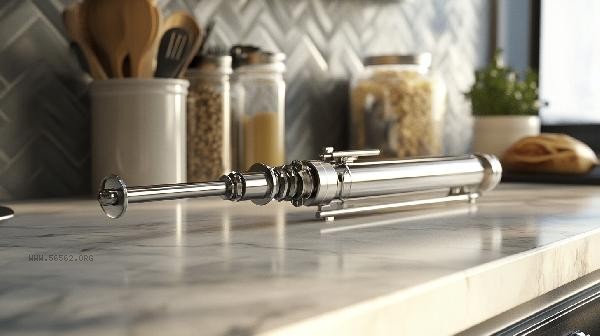Enemas are mainly used for medical treatment or cleaning the intestines. If there are no professional tools, warm water sitz baths, high fiber diets, and other methods can be used to assist defecation. The main alternative methods include glycerin suppositories, glycerin suppositories, manual massage, abdominal hot compress, oral laxatives, etc.

1. Ceaser
Ceaser is a common laxative drug, mainly composed of glycerol or sorbitol, which can stimulate the rectal wall and promote defecation. Squeeze the medication into the anus and keep it for a few minutes to take effect. Suitable for short-term constipation relief, but long-term use may lead to dependence. Pregnant women and patients with intestinal obstruction should use with caution.
2. Glycerol suppositories
Glycerol suppositories promote defecation by lubricating the intestine and stimulating intestinal mucosal reflexes. After inserting the suppository into the anus, it takes about 15-30 minutes to take effect and is suitable for children and the elderly to use. Caution should be taken that suppositories may cause mild local burning sensation, and should not be used for patients with rectal bleeding.
3. Manual massage
Clockwise massage of the lower left abdomen can promote colonic peristalsis. During massage, use the palm of your hand to apply moderate pressure and push along the ascending colon, transverse colon, and descending colon directions for 5-10 minutes each time. Combined with deep breathing, it has a better effect and is suitable for daily constipation prevention. It is not advisable to operate during acute abdominal pain.

4. Abdominal hot compress
Applying a hot towel at around 40 ℃ to the abdomen can relax the smooth muscles of the intestines. Apply hot compress for 15-20 minutes each time, repeating 2-3 times a day. Excessive temperature may damage the skin, and should not be used after abdominal surgery or during inflammation. Can be paired with peppermint oil to enhance spasmolytic effect.
5. Oral laxatives
Permeable laxatives such as lactulose and polyethylene glycol soften feces by retaining moisture. The dosage should be taken according to the instructions, and the onset time is about 6-12 hours. Long term use may cause electrolyte imbalance, and it is absolutely prohibited for patients with intestinal perforation to use.

Daily prevention of constipation: It is recommended to drink more than 1500 milliliters of water per day, consume foods rich in dietary fiber such as broccoli and oats, and develop a habit of regular bowel movements. Moderate exercise such as brisk walking and yoga can enhance intestinal peristalsis. If constipation persists for more than two weeks or is accompanied by symptoms such as rectal bleeding and weight loss, timely consultation with a gastroenterologist should be sought. Special populations such as pregnant women and postoperative patients should choose laxatives under the guidance of a doctor to avoid self use of potent laxatives that may cause dehydration or intestinal dysfunction.









Comments (0)
Leave a Comment
No comments yet
Be the first to share your thoughts!